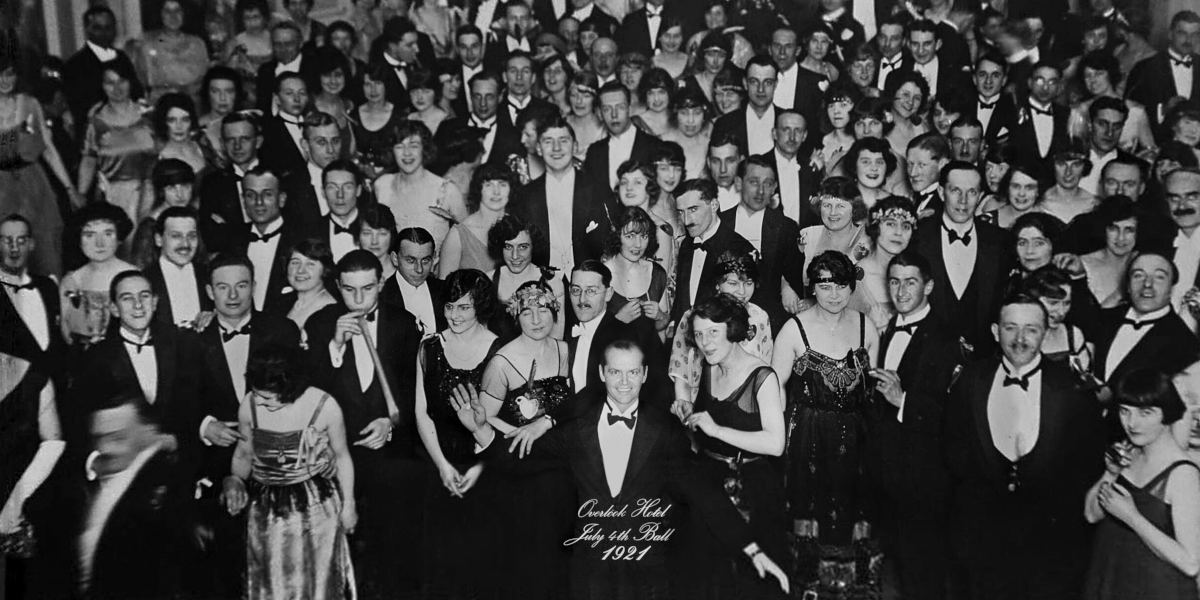Coined by Jacques Derrida in 1993 to oppose Western liberalism’s declaration of the ‘end of history’ after the collapse of the Soviet Union, hauntology later became a quasi-genre of music and structure of feeling for Mark Fisher and Simon Reynolds, before transforming once again into a memetic shorthand for nostalgic aesthetics. As a result, however, hauntology today is a contradiction. By forgetting its fundamental questioning of capitalist time, it has become associated with what it first set out to oppose: a postmodernist understanding of presence and history.
What is difficult to apprehend in hauntology is its scrambling of political temporalities. To be haunted is not always to be disturbed by the lingering presence of the dead. When Marx and Engels declared there was a ‘spectre … haunting Europe – the spectre of communism’, for example, they were not referring to something that had already come to pass. For Herbert Marcuse, they were invoking ‘the spectre of a world that could be free’. We are not haunted by the dead but by apparitions and hallucinations, by our hopes and dreams of what could still happen but no less struggles to materialise itself. In this sense, hauntology is neither an aesthetics nor a politics of nostalgia. Hauntology stands in for the degradation of what was once called psychedelia, as a way of intervening in the indeterminacy of our political imagination, where the past and future both reside.
Capitalism, by contrast, founds its own efficacy on the total capture of now. In order for the now to be capitalistic, however, the past and future must be also, in the sense that reductive forms of past and future are already accessible to us. For Fisher and Reynolds, this paradoxical assertion is epitomised by our recording industries – industries that are in the business of proliferating ghosts. ‘All recordings are ghosts’, Fisher wrote on his k-punk blog, but then what does it mean to characterize certain forms of music as ‘nostalgic’ or ‘futuristic’?
The composer John Cage was infamously hostile to the very concept of recorded media. He saw recordings as static representations of sound-events, which removed the indeterminate element of chance that brought music to life. Can any record, then – by its very nature a re-presentation (or re-construction) of past performances – ever contain its own futurity? Many will argue in the affirmative, but contradictions nonetheless remain.
How does the sheer spectacle of our commercial hype-machine, so preoccupied by the future, nonetheless suffocate cultural spaces from which the new emerges? How do we challenge the notion that history has ended, whilst nonetheless recognising that our futures have been decided for us? How do we defend those who seek to live otherwise, in ways not previously possible, whilst recognising the attempts to discriminate against all future forms of life? The answer is not to dwell in mourning over what has been lost, nor to emphasise optimistically all that is superficially present before us, but to open out spaces of indeterminacy where past and future remain undecided. This is the elusive ‘now’ in which hauntology intervenes.
Further reading
- Jacques Derrida, Specters of Marx: The State of Debt, the Work of Mourning and the New International (Routledge, 1993)
- Mark Fisher, Ghosts of My Life: Writings on Depression, Hauntology and Lost Futures (Zer0 Books, 2014)
- Mattie Colquhoun, “The Return of Party Hauntology: Notes on Brat” (2024)










